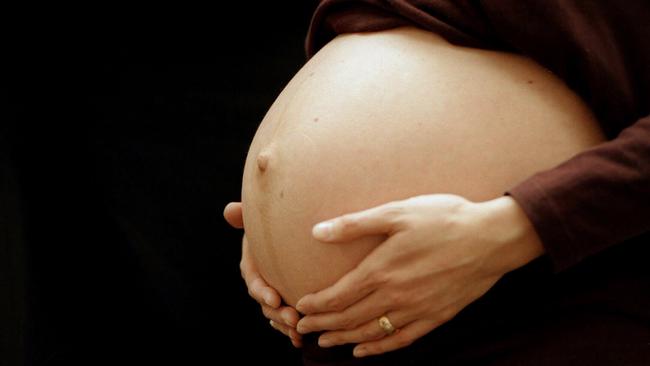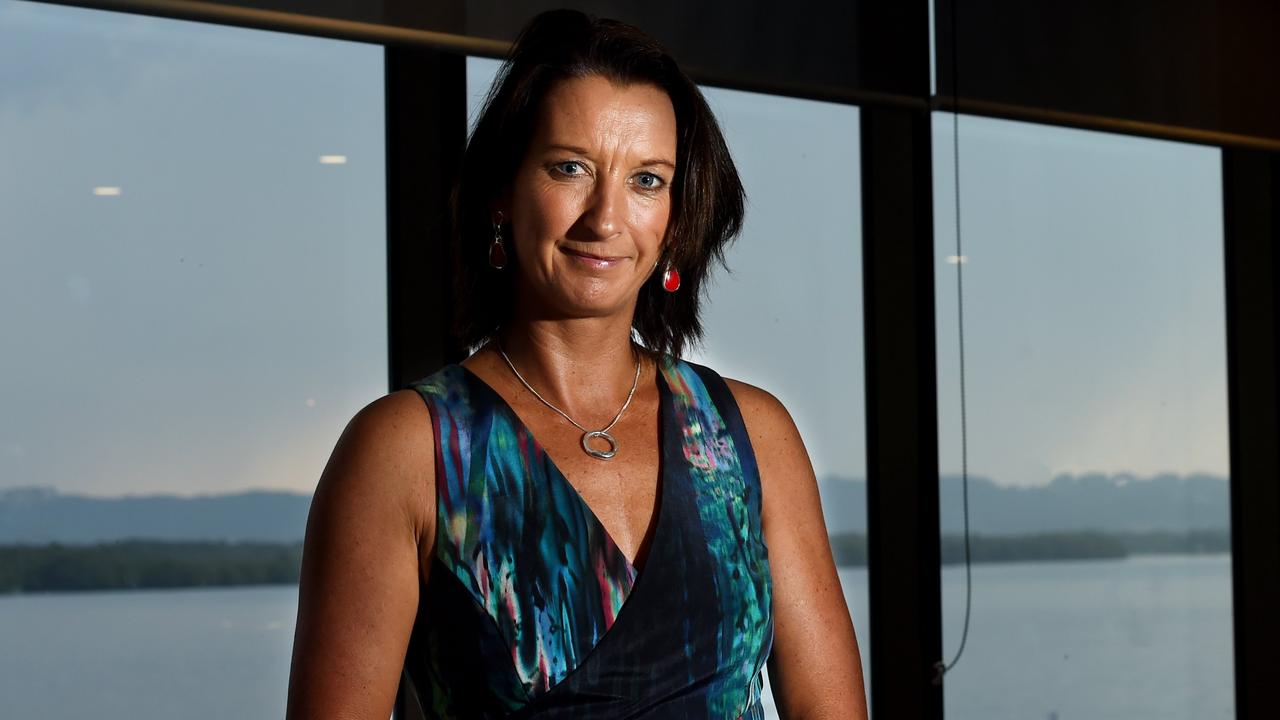One in 10 pregnant women going hungry, study reveals
Pregnancy can be challenging at the best of times but there are fresh concerns for expectant mothers.

QLD News
Don't miss out on the headlines from QLD News. Followed categories will be added to My News.
One in 10 expectant Australian mothers are going hungry, with all struggling to meet pregnancy nutritional guidelines regardless of household income, a new study has found.
The survey of 1500 women, helmed by Queensland University of Technology, also found almost half (42 per cent) were experiencing some form of food insecurity and two in five were worried about food, changing the quality of their diet and eating less.
Food insecurity was defined as having concerns about consistently accessing enough nutritious food and/or having reduced the quality and quantity of foods due to financial strain.
Pregnant women from food-insecure households were more likely to meet none of the dietary guidelines for core food groups.
The current pregnancy care guidelines in Australia recommend that women receive advice about a healthy diet, in accordance with the Australian Dietary Guidelines, at each antenatal visit.
The shocking data extended to expectant mothers of all household incomes, with every pregnant person not meeting all five pregnancy-specific nutritional guidelines.
Poor nutrition and stress in pregnancy were major concerns as they can influence short and long-term maternal and child health.
Higher prenatal diet quality and healthier dietary patterns have been associated with a reduced risk of adverse peri-natal outcomes, including maternal depression, hypertensive disorders of pregnancy, preterm birth, and low birth weight.
Queensland University of Technology food security expert Professor Danielle Gallegos, one of the authors of the study, said the data was “pretty shocking”, with women on low incomes are actually having to really cut back the size of their meals or skip them altogether.
“A good proportion of Australian women are worried about putting food on the table,” she said.
“You already worry when you are pregnant, but to have that extra worry about putting food on the table – that’s just increasing your stress, which is not good for mum.
“It’s not good for the baby either.”
Professor Gallegos urged the federal and state governments to consider a safety net for pregnant people.
“In the US, families on low incomes can access what they call Women, Infants and Children, which is a supplemental nutrition program that helps provide extra food or formula,” she explained.
“In the UK, they have a healthy baby supplement for pregnant mums who are on low incomes, but we have nothing like that here in Australia.
“Mums have to pay for their own supplements, they have to find their own food.
“If they have to give up work because of their pregnancy – all those things going to impact the family’s income.
“We need some sort of safety net.”
More Coverage
Originally published as One in 10 pregnant women going hungry, study reveals





